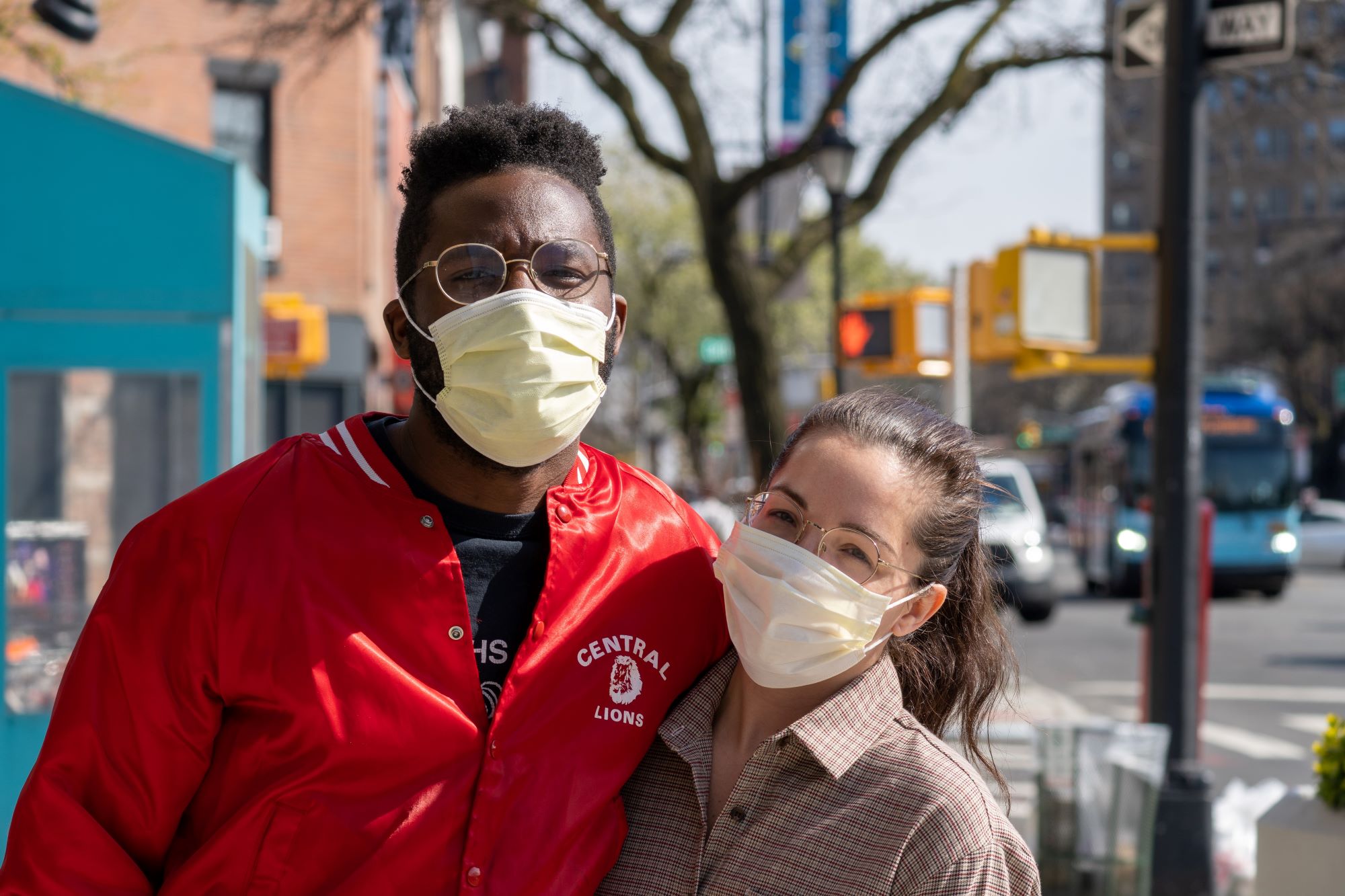Place has a profound impact on our health. We need to examine the root causes of health inequity and tell the stories of our community’s health. Here are a couple resources that provide helpful information on equity implications of COVID-19.
While the virus that causes COVID-19 does not discriminate, our preparation and response certainly has. We know that place has a profound impact on our health. We know we have a serious problem with health inequities based on where each of us lives. And yet, as Soyara Nadia McDonald writes in quoting a medical doctor, “who you are — and I mean in terms of your race, your gender, where you live — will have a major role in how you experience COVID-19. It also will play a major role in the services that you get.”
At Counter Tools, we believe that every person should have the opportunity to live a healthy life in a healthy, equitable place. This vision is attainable only if we examine the root causes of health inequity and commit ourselves to address them at all levels.
First, we must define the problem. We must examine the structural inequities that distribute power and resources differently across divisions of race, gender, sexual orientation, gender expression, and class. We must acknowledge how each of us contributes to the status quo. For me personally, this means understanding how I have inadvertently perpetuated and exacerbated existing biases and racial inequities, and learning from these moments.
We also need data to understand and tell others the story of our community’s health and the inequities that persist. Stories like Soyara Nadia McDonald’s help us address the place-based problem of health inequity with the place-based solutions they require.
The NAACP has also compiled very helpful information on ten equity implications of COVID-19, civil rights advocacy recommendations, and promising emerging equity based efforts.
Health equity calls for a glocal solution — one that meets the massive challenge of ending a pandemic by following global guidelines such as social distancing, while also adapting strategies to each unique community. That is the beauty of place-based public health: it invests in the social and human capital of the community. It taps into the change agents who can make lasting change a reality.
One such champion making a difference right now is NAATPN, the National African American Tobacco Prevention Network, which has shifted their work to address the pandemic in new ways. They’re collecting stories to share of community advocates who have found innovative ways to meet the needs of the most vulnerable populations. They’re also sharing critical information on the importance of not smoking, especially because of the serious health consequences for children from second-hand smoke. See more on NAATPN’s response to COVID-19 here.
Each of us has a critical role to play in public health like never before. This starts with the opportunities we have in every day interactions to break down the biases and inequities that persist. I am proud to be a part of a team that is committed to this work and the vision of health equity.





